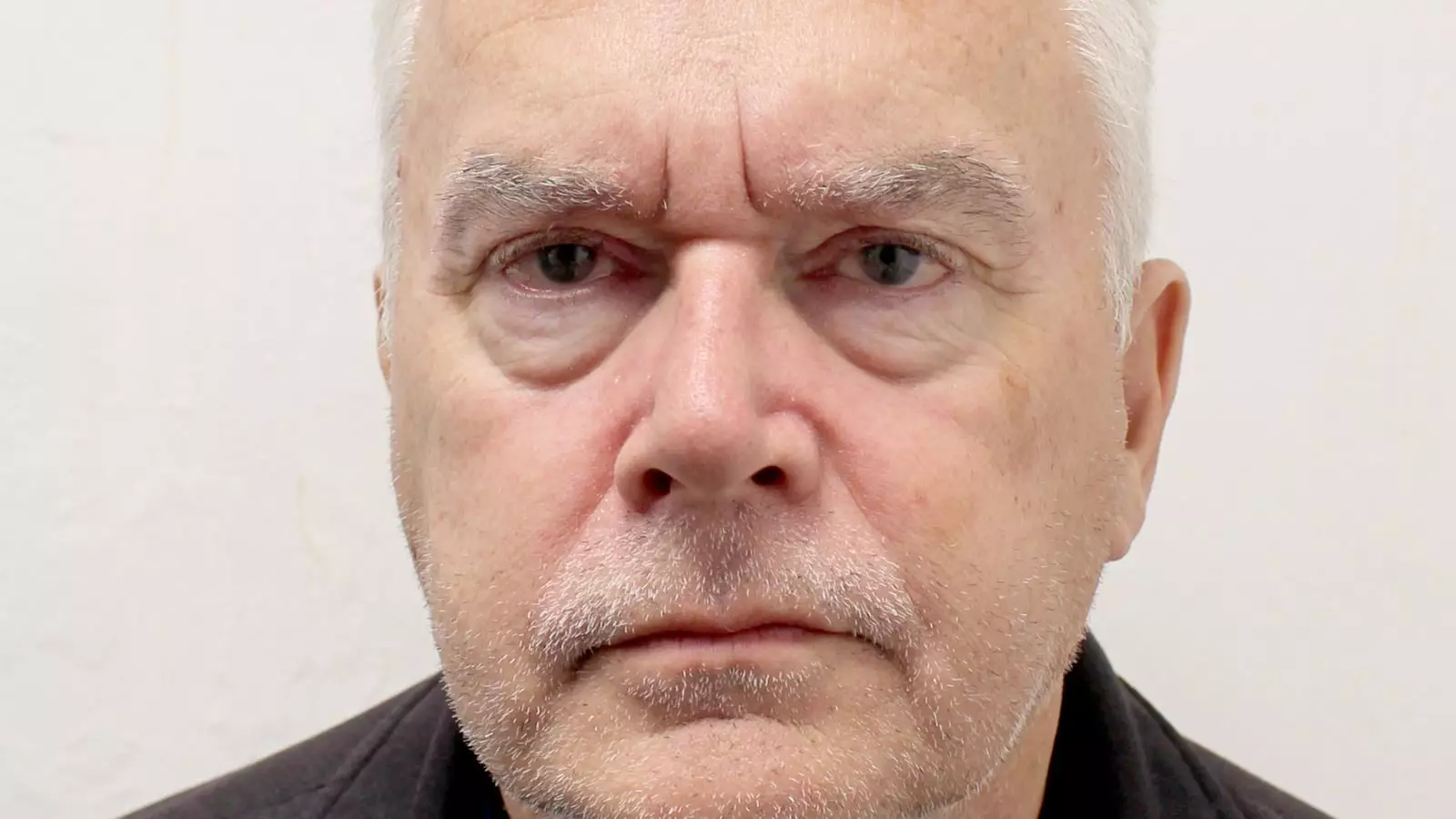The recent scandal surrounding former BBC presenter Huw Edwards has thrust the organization into a maelstrom of criticism and scrutiny. The director-general of the BBC, Tim Davie, has vocally condemned Edwards’ actions, deeming them “appalling.” This situation highlights significant concerns about the ramifications not only for the network’s reputation but also for public trust in media as a whole. In this article, we dissect the implications of this incident on ethical broadcasting and the challenges facing the BBC moving forward.
Trust is the bedrock of any reputable media organization, and for the BBC, this trust has now been shaken to its core. Davie acknowledged that the scandal has clearly impacted the BBC’s reputation, stating, “I don’t know yet in terms of the direct impact on trust.” Public confidence in the media is often fragile, and high-profile incidents like this can erode it. When viewers and listeners tune into the BBC, they expect integrity and reliability. However, the betrayal of this expectation can lead to an erosion of fidelity from the audience, fostering skepticism towards not just the BBC but also the media landscape as a whole.
One of the most contentious issues arising from the Edwards case is the financial aspect, particularly the continuation of his salary post-arrest. Edwards is thought to have received around £200,000 prior to his conviction, prompting discussions within the BBC about recovering these funds. Davie affirmed, “We want the money back, and we’ve asked for it back.” Such financial considerations highlight the ethical dilemma that corporations face when dealing with accused individuals. While the organization must follow established policies, this incident challenges the adequacy of those policies. Should an entity prioritize blanket policy adherence over public sentiment and the gravity of actions committed by its employees?
This incident raises broader questions about the criteria used to assess when to suspend remuneration. The decision-making process was scrutinized when Davie noted they “wrestled with it,” explaining that the decision to continue pay was justified until formal charges were made. The public’s reaction, however, begs the question: is a policy approach sufficient when moral implications are at stake? The balancing act between upholding employee rights and the integrity of the organization demonstrates the complexities faced by institutions in the current climate.
Amid the chaos, the voices of victims must not be overshadowed. Davie emphasized that “victims’ families remain the primary concern,” stressing the seriousness with which the BBC took the concerns raised by young individuals who initially reported Edwards. Institutions like the BBC need to ensure that they not only express empathy towards victims but also actively engage in reparative actions. This incident provides an opportunity for the BBC to reevaluate its mechanisms for reporting and addressing abuse, ensuring that they empower victims rather than facilitating a culture of silence.
Looking to the Future: Navigating Internal Investigations
Simultaneously, the BBC grapples with ongoing investigations regarding allegations of misconduct on its flagship program, “Strictly Come Dancing.” While Davie noted the inquiry is “pretty close to the end,” the lack of transparency raises concerns. Media organizations must strive for accountability, and the community deserves to understand how internal processes can lead to the promise of a safer work environment. In a world where public scrutiny increases against powerful institutions, the need for ongoing dialogue about ethics and conduct cannot be understated.
The Huw Edwards scandal serves as a pivotal moment for the BBC, shining a light on the broader implications of public trust, financial accountability, victim support, and internal practices. As director-general Tim Davie navigates this treacherous terrain, the path forward will demand not only commitment to ethical practices but also direct action towards rebuilding the trust that has been compromised. The responses that emerge from this crisis will define the BBC’s legacy and shape the future of media ethics, making this incident a crucial case study in public relations and accountability.


Leave a Reply